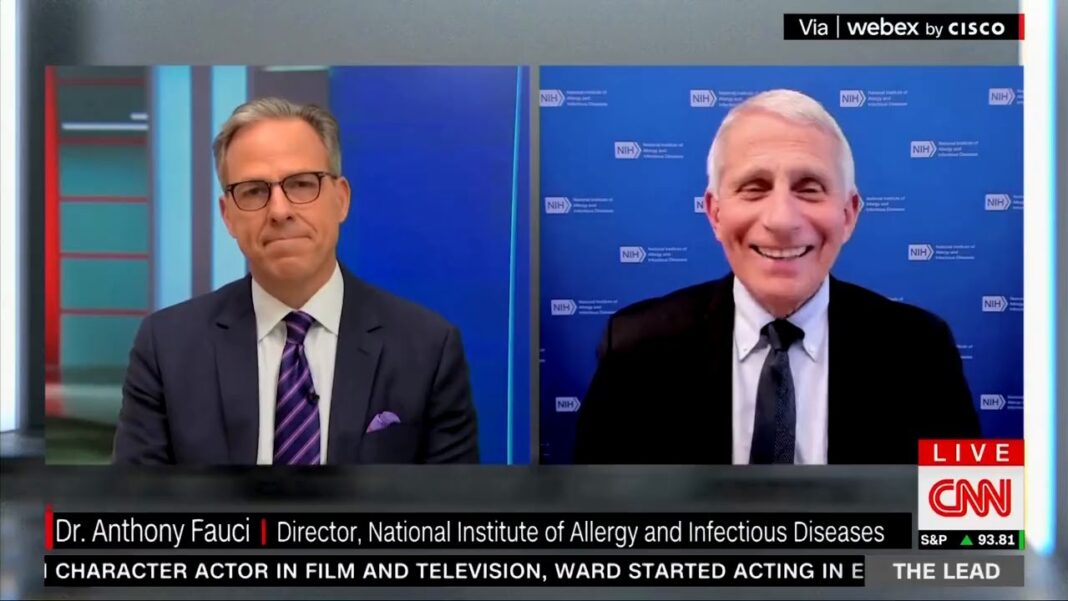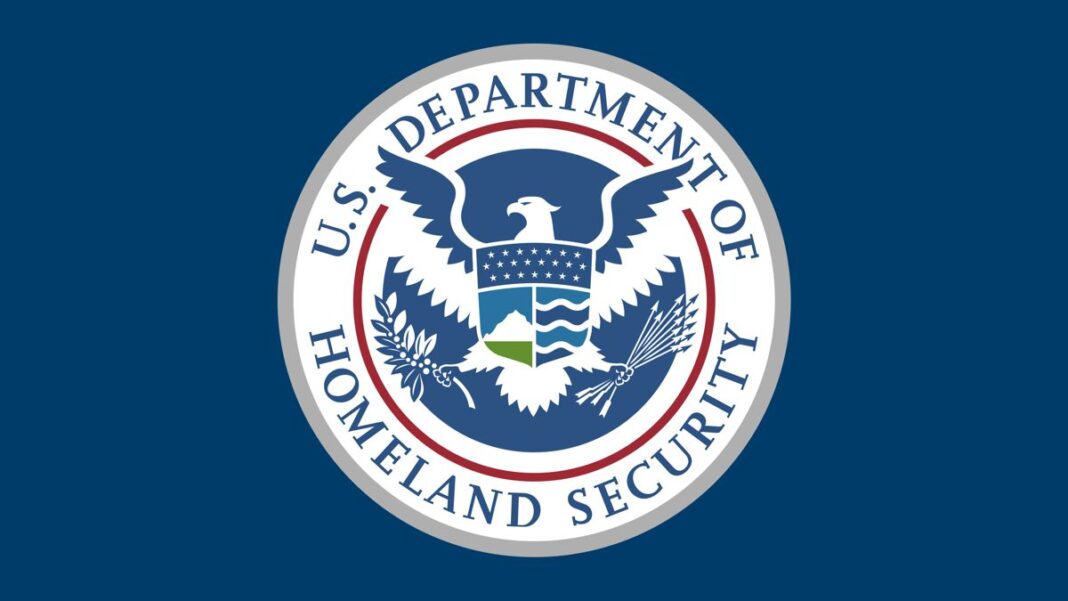
The baby formula shortage is intensifying in the United States, according to new Datasembly numbers.
The retail information provider reported that out-of-stock (OOS) rates continue to climb nationwide, rising to 43 percent in the week ending May 8. This is up from the 30 to 40 percent readings in April.
“Unfortunately, baby formula out-of-stock levels have continued to soar since the beginning of April, and we see no indication of a slowdown,” Ben Reich, CEO of Datasembly, told The Epoch Times. “Baby formula out-of-stock levels have reached 43 percent nationwide and continue demonstrating higher out-of-stock levels than other categories.”
Data as of May 1 show that nine states have OOS rates above 50 percent, including Tennessee (54.7 percent), Delaware (54.5 percent), Texas (52 percent), Montana (51 percent), and Nevada (51 percent). Jurisdictions with the lowest OOS rates were Colorado (26.3 percent), New Mexico (29 percent), and Indiana (29.7 percent).
Across the United States, multiple retailers including CVS, Kroger, Target, and Walgreens, have applied limits on purchases of infant formula.
Last month, CVS limited in-store and online purchases of baby formula to three per order. Kroger installed a limit of four products per customer. Target and Walgreens have maintained restrictions for several weeks.
Media reports suggest that some parents are responding to the shortages by producing their own, watering down current supplies, and rationing formula.
The FDA has discouraged parents from making formula at home due to “very serious health concerns” for babies.
“The potential problems associated with errors in selecting and combining the ingredients for the formula are very serious and range from severe nutritional imbalances to unsafe products that can harm infants,” the agency noted.
Health experts warn that too much water for infants under six months could trigger seizures and brain swelling and dilute the calories.
As of 2018, four companies control close to 90 percent of the market: Abbott, Reckitt Benckiser, Nestlé, and Perrigo.
How Did This Formula Crisis Begin?
Earlier this year, Abbott Laboratories, a leading baby formula maker, recalled products sold under the Alimentum, EleCare, and Similac brands that were produced at a Michigan facility. Four children had become sick with bacterial infections, resulting in two deaths. This prompted public health authorities to encourage shoppers to avoid buying formulas tied to the plant, although Abbott doesn’t believe there is a link between these illnesses and its formulas.
By Andrew Moran





